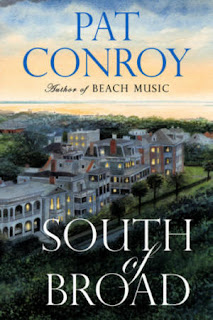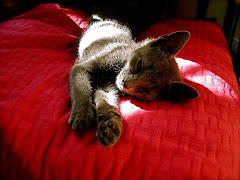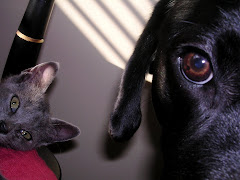It has been almost 14 years since Pat Conroy published Beach Music. 22 years since The Prince of Tides. In the intervening years, he's done a memoir on basketball from his years playing at the Citadel. He wrote his passion project, a cookbook with essays and stories. Yet in the back of his mind, he's always had the idea for the big Charleston novel, a story that's been brewing since he moved from San Francisco back to the east coast in the mid-nineties. He's had things to say about the Holy City since he last left it (fictionally) in The Lords of Discipline in 1980.

South of Broad should be out next September. For those who expect the inevitable delays with a Conroy novel (Beach Music was delayed for years), I would say rest easy. The novel is finished; it's edited (original manuscript weighed in around 1400 pages), and no one is happier about that than Mr. Conroy himself (perhaps Sandra, his wife, is happier).
The novel will be big, epic, like the others (final book weighs in somewhere around 600 pages). Stylistically, Pat remains acute in his sensitivity, sprawling in his images, and is still the overwriting show-off that I love him for--except even better. He continues to grow as a writer, a claim he's shy about, but one I think is true.
Leo, his protagonist, is a newspaper reporter in Charleston, and a large chunk of the plot revolves around a serial killer and a high-profile murder in the 1980s (all invented [no ripping from headlines here]). But Conroy has not morphed into the thriller writer by any stretch. His main character remains the Lowcountry of South Carolina, his story centers more around relationships and his eminently likeable Joycean protagonist. At the height of the novel's intensity is a mind-blowing chapter involving the serial killer and Hurricane Hugo (the still legendary storm that leveled Charleston and several towns to the north in 1989). If you are a Conroy connoisseur, you can look forward to a novel that recalls The Prince of Tides and Beach Music in terms of scope and style.
Note: As a favor, and because I love Pat dearly, I typed the last third or so of the book, but because I am still first a fan (I will do a big blog entry soon on my friendship with Pat), I asked him not to send the final two chapters. I have not read the entire novel and don't want to until it comes out. I want the all-absorbing experience of curling up on the couch on a rainy day, cracking the cover on a big new Conroy book, and swimming in his worlds--just like you do.










